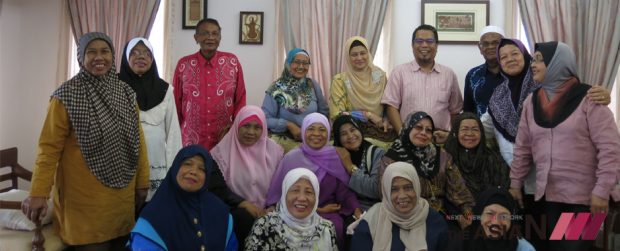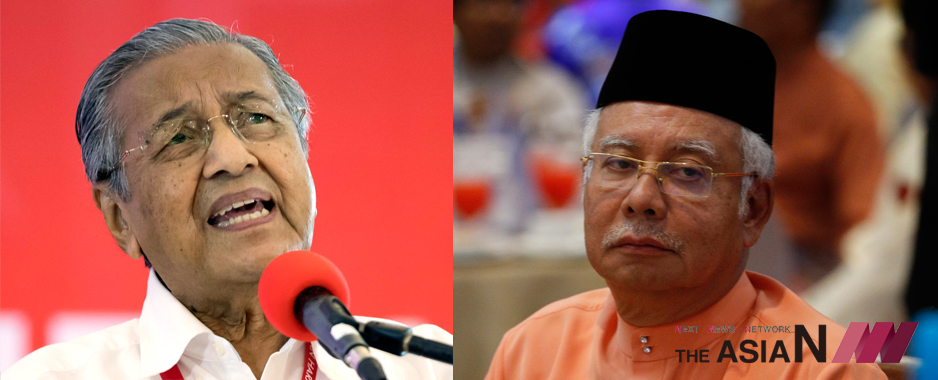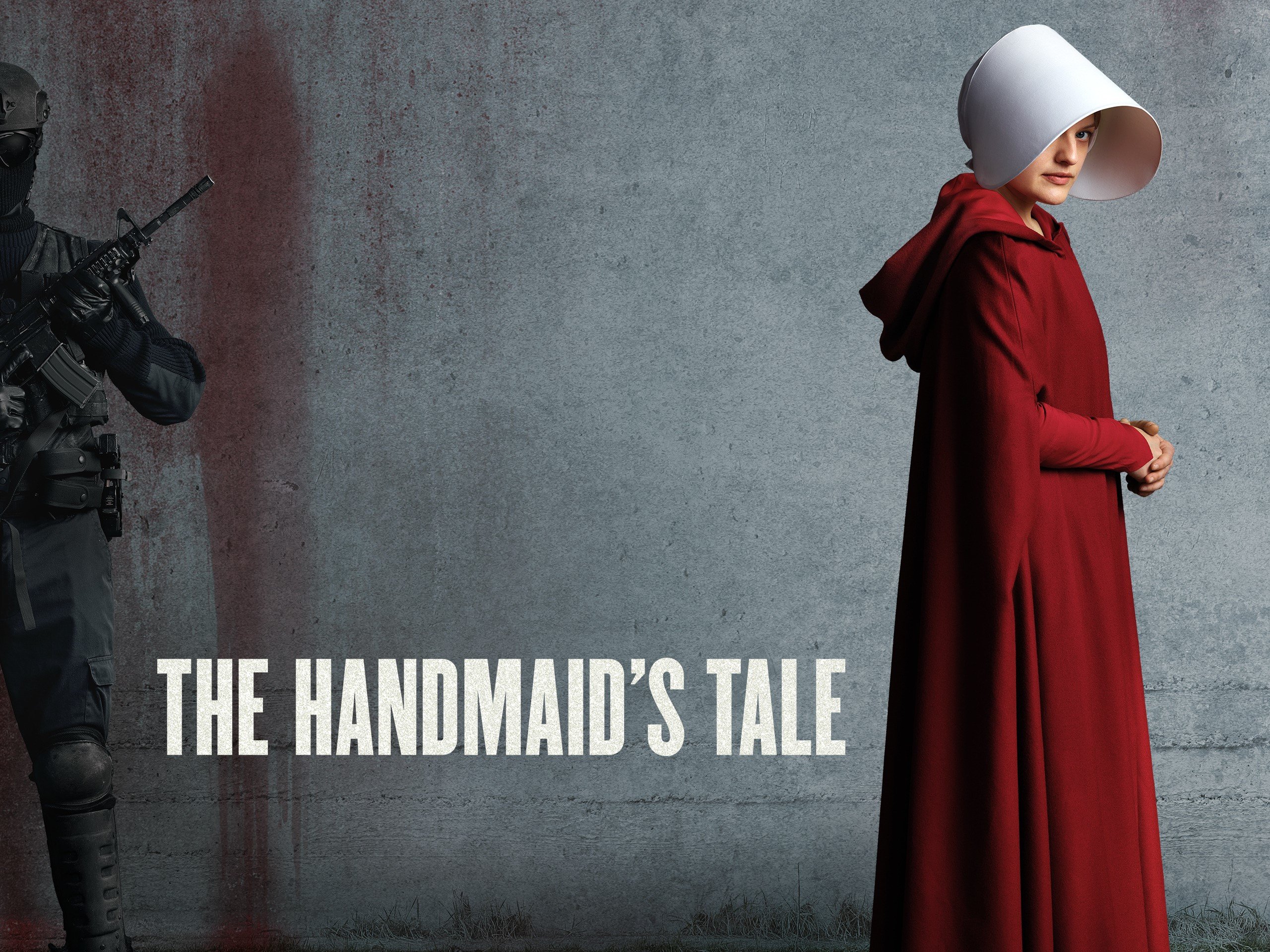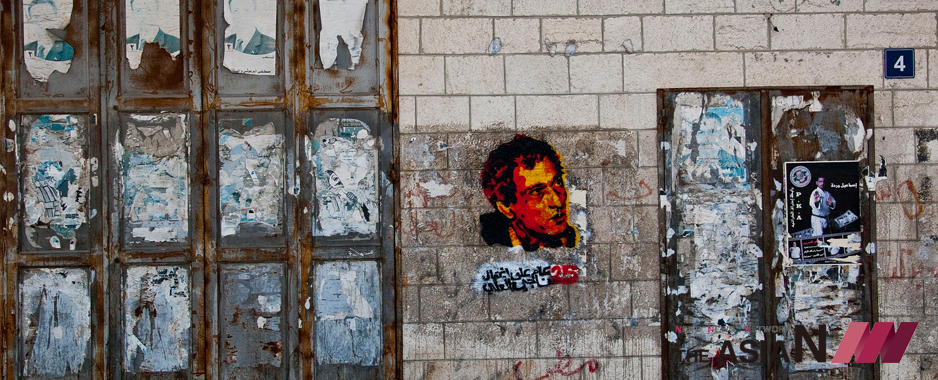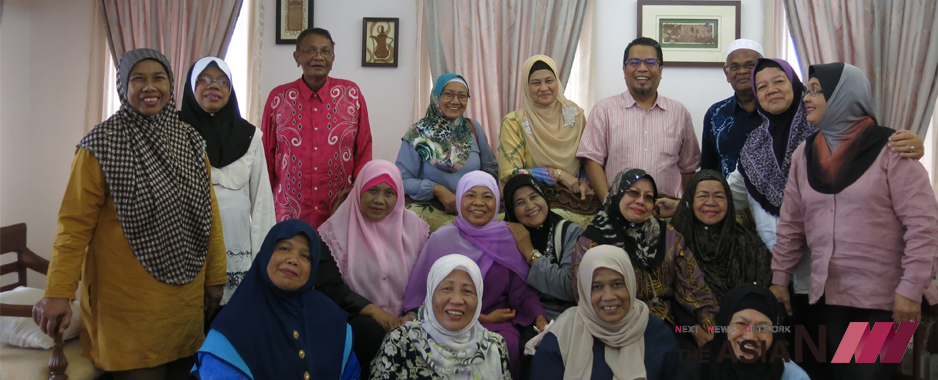
Three Hotel Associations Signed an Agreement Allowing Muslim Employees to Wear Scarves
Following the pronouncement of Malaysia as an Islamic state almost three decades ago, many things changed within the national community: from lifestyles, cultures, and right up to an increasing awareness towards Islamic values. Such values included the wearing of traditional headdresses (scarves or long dresses that cover the body from head to toe) by women, and for quite some time now, young girls have had their hair covered with proper scarves made to suit school uniforms. These girls then take their scarves into the corporate world—many of whom go into the hotel industry. On the other hand, some Muslim females begin to wear scarves after they have been married; they had not been wearing scarves at their workplaces before, provided that hotels generally do not permit female staff to wear headdresses. Now that they are married, they must wear their scarves, but they are placed in a difficult situation with hotel management’s standard operating procedures (SOP) that tells workers they must leave if they continue to wear scarves.
This problem became a matter of controversial interest within the hotel industry towards the end of 2017 with angry female employees lodging complaints to workers’ unions. Why did they have to give up their jobs or not be able advance their position if they insisted on wearing scarves? How could that amount to being fair for a Muslim population? At the time, more than 13 hotels implemented no wearing of scarves in their SOP statements.
After several rounds of debate and intense discussion led by those affected and involved, both corporate and employee parties were able to come to Three Hotel Associations Signed an Agreement Allowing Muslim Employees to Wear Scarves 23 an amicable agreement. As of 8 February 2018, Muslim female employees at the front line of international hotels are now allowed to wear scarves or hijabs following an agreement signed by three hotel associations representing more than 3,000 members within the Ministry of Human Resources. The three hotel associations were the Malaysian Association of Hotels (MAH), Malaysia Budget Hotel Association (Mybha), and the Malaysian Association of Hotel Owners (MAHO), and their joint agreement was signed into effect with the final signature by Mohd. Jeffrey Joakim, Chief Director of the Department of Labour Peninsular Malaysia (DLPM). “With this agreement, I hope the hotels involved will abide to what have been agreed upon and that the issue to ban female workers from wearing scarves will not be raised again as the Ministry of Human Resources will not compromise,” said Deputy Minister Ismail Abd. Muttalib, happy to see the attentiveness of all parties focused on solving issues with discrimination against workers. Before, the issue gained momentum when it was exposed by the Union Network-International Malaysia Labour Centre (Uni-MLC) after they received complaints from hotel Muslim employees that they were banned from wearing what represented their religious ideals. Despite this, MAH had at first decided to side with the hotels, claiming that this was a matter of standard international policy and hardly a discriminatory practice. Opposing this, Mohamed Nazri Abdul Aziz, Minister of Tourism and Culture, clearly stated the ban was very unruly and irresponsible. Seeing that simply exposing the issue would not result in action, the Uni- MLC went on to conducting a thorough investigation of the complaints, threatening to expose the names of the hotels that were banning employees from wearing scarves. The DLPM also followed up by continuing investigations. The entire matter was subsequently brought to Parliament by the Minister of Tourism and Culture. Still, MAH refused an invitation from the DLPM and the Ministry of Human Resources to meet and solve the issue, but on 3 January 2018, Richard Riot Jaem, Ministerof Human Resources, said that the ministry had identified a total of 13 hotels that had implemented the discriminatory policies going against national culture and religion. The policy violated Article 10, Clause 11 (1) of the Federal Constitution of Malaysia stating, “Every person has the right to profess and practice his religion and to propagate it”. And when hotel associations were willing to acknowledge this, the issue was closed with overwhelming agreement.



